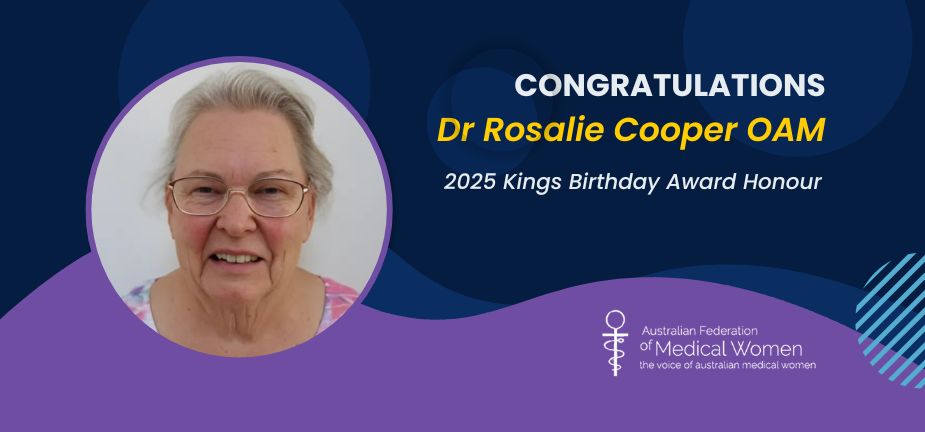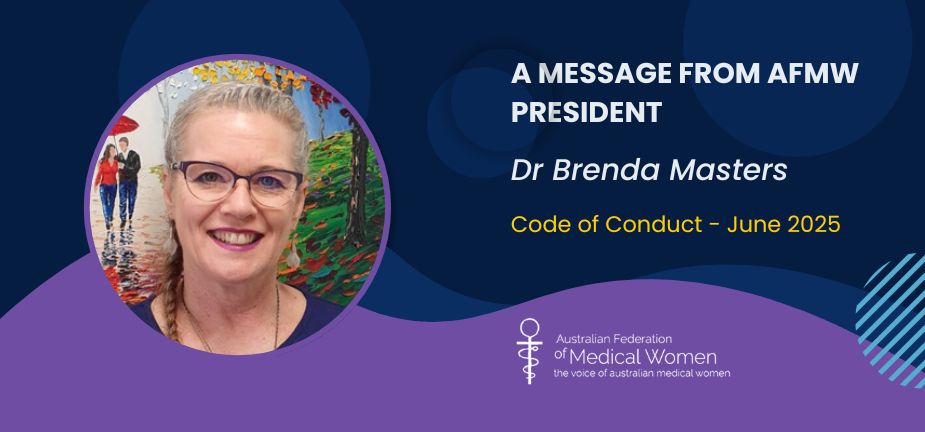Don’t all of us engaged in clinical medicine yearn, from time to time, for an opportunity to reflect on what we’re doing and, in particular, to ponder the reasons why some patients seem so ‘difficult’?
Don’t we all sometimes wish there could be time set aside to discuss such things with colleagues facing the same challenges we face, and perhaps gain greater clarity, greater confidence – and perhaps some comfort – from sharing our experiences with each other?
The good news is that such safe places for reflection on our work already exist, thanks to the pioneering work of English psychiatrist Dr Michael Balint and his social-worker wife, Enid. Both were also psychoanalysts working in London after the end of World War II and realised that many GPs (and other health professionals) were seeing patients whose medical issues were complicated by emotional, social and other non-medical factors (often caused by the trauma of war) that they barely understood.
This led to the establishment of small discussion groups (mainly comprising GPs) co-led by the Balints, designed to encourage a more reflective approach to clinical work, and to create an opportunity to explore the non-clinical factors that might be contributing not only to a patient’s condition, but also to difficulties in the doctor-patient relationship.
Those groups flourished and became the basis of an international movement that has seen Balint Societies established in many parts of the world including Australia.
Both in-person and online Balint groups are now being regularly conducted here by trained Balint leaders (mostly doctors or psychotherapists). Participants in groups typically find the experience reassuring, illuminating and often transformative. As one doctor recently put it: People in clinical medicine don’t get much time to consider the emotional toll that difficult cases can take on you. Balint is a safe space to reflect on that.
Another said: Immensely satisfying. It changed my perception of my work.
When asked to describe the Balint process, one member of the Balint Society said: It’s caring for doctors caring for themselves. It facilitated doctors’ self-care. Another described it like this: It’s essentially educational. It’s not therapy, but it’s highly collegial.
Balint groups typically comprise 6-8 doctors, and the sessions run for 90 minutes, once or twice per month. The scheduling is always tailored to meet the time-demands of groups members.
Interested? Further Information
You can read more about Balint groups on the website of the Australian society: www.balintanz.org

by Dr Sheila O’Neill
(Photo: BalintANZ / Unsplash)
The Australian Federation of Medical Women (AFMW) is a not for profit, politically neutral, non sectarian, non government organisation that seeks to improve the health of all Australians, especially the health of women and children.
Events and Updates coordination by AFMW, on behalf of the Australian Federation of Medical Women (AFMW), its affiliated Australian state and territory partners and international networks and supporters. If you have an update or event you would like to share with us for Australian medical women, please contact us with details. Thank you.










